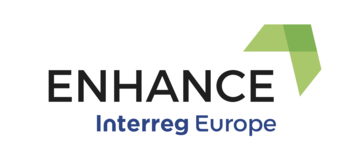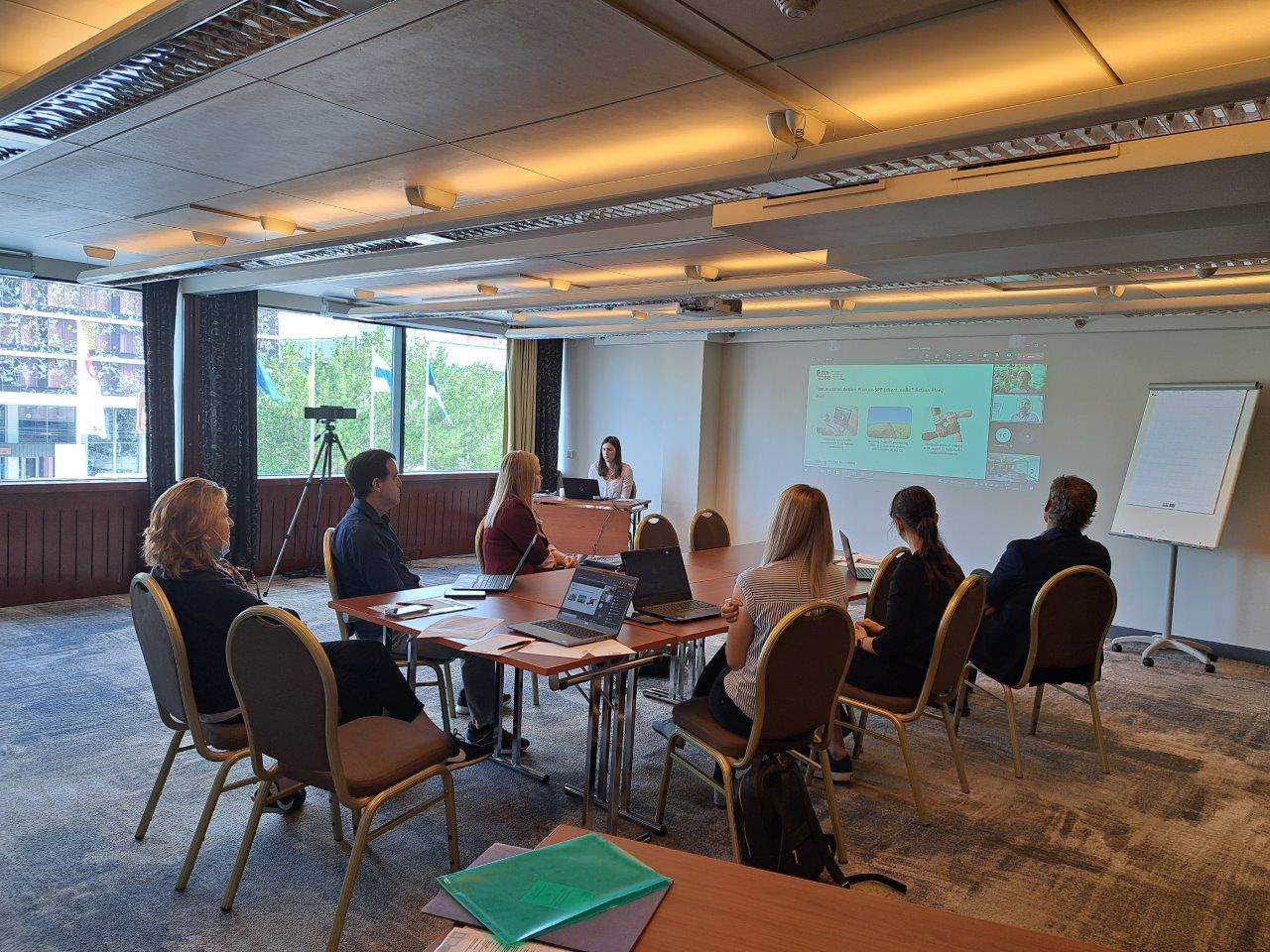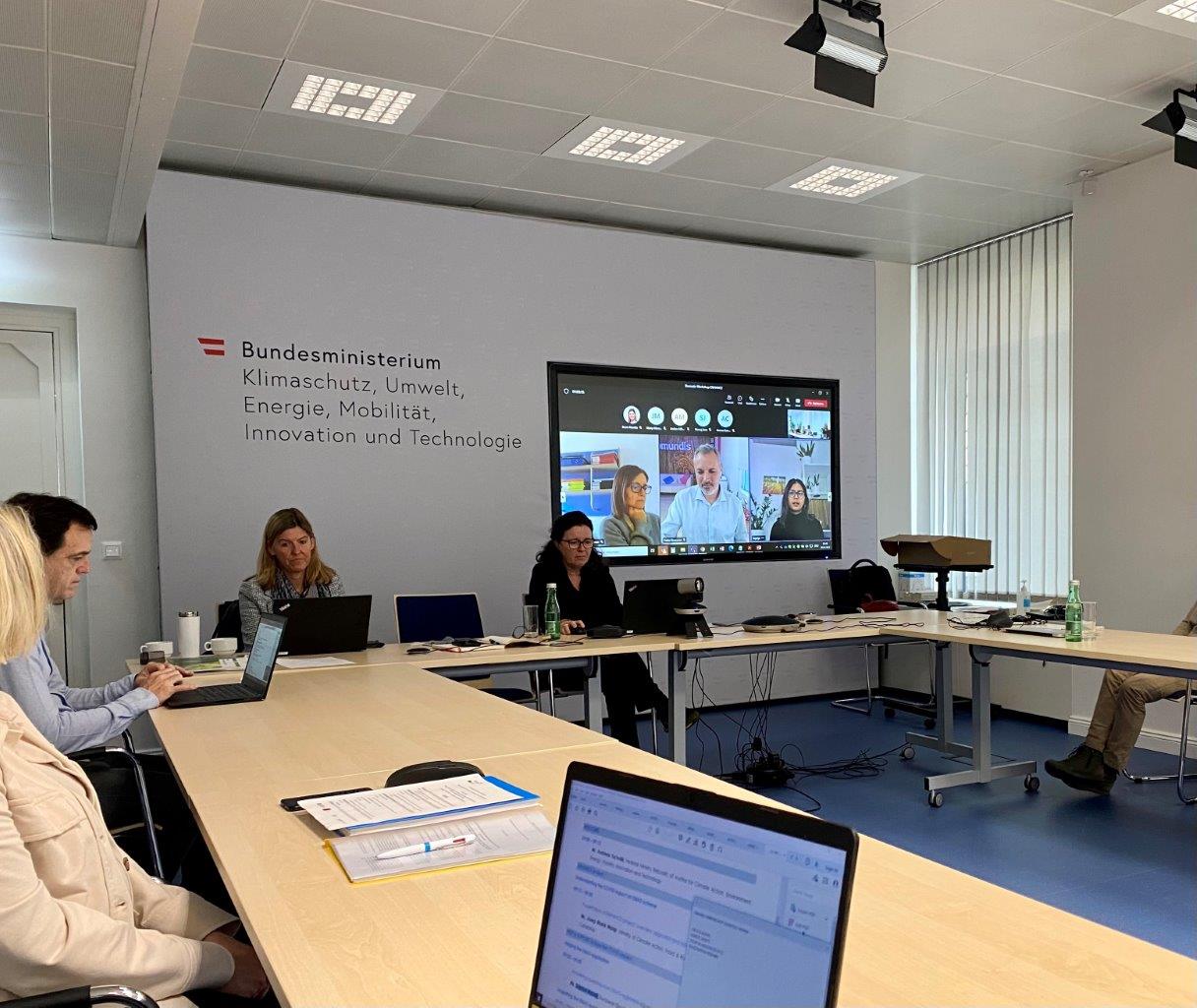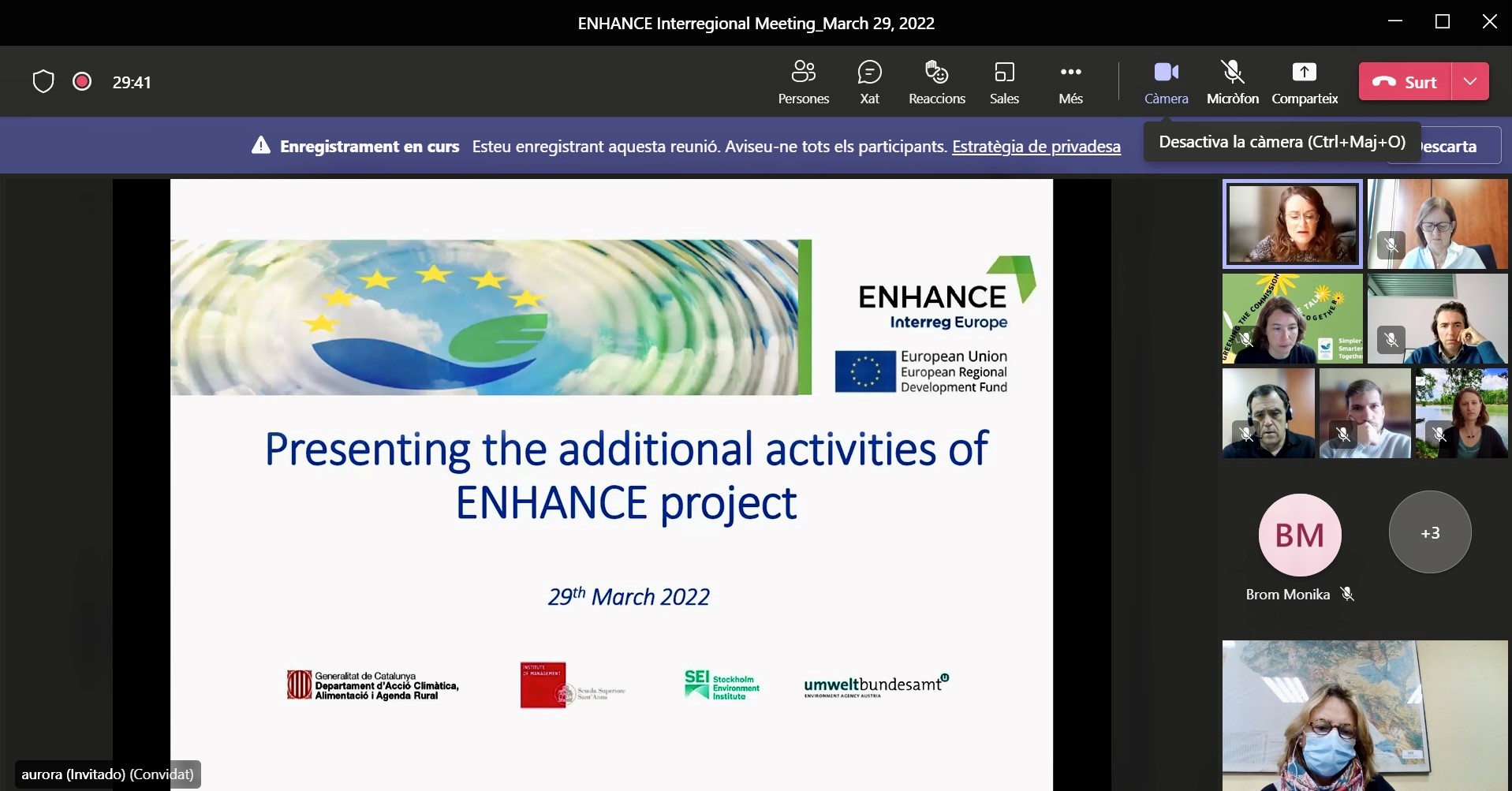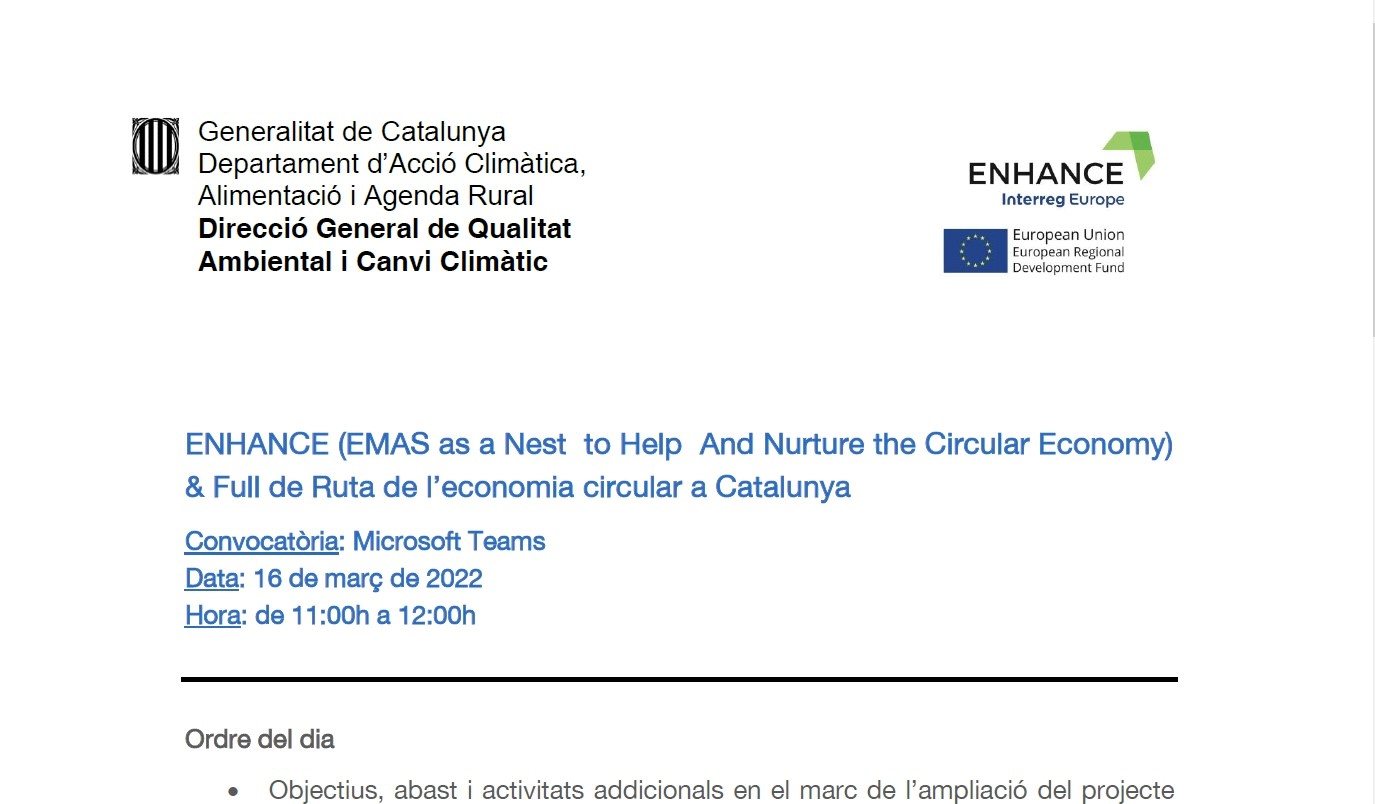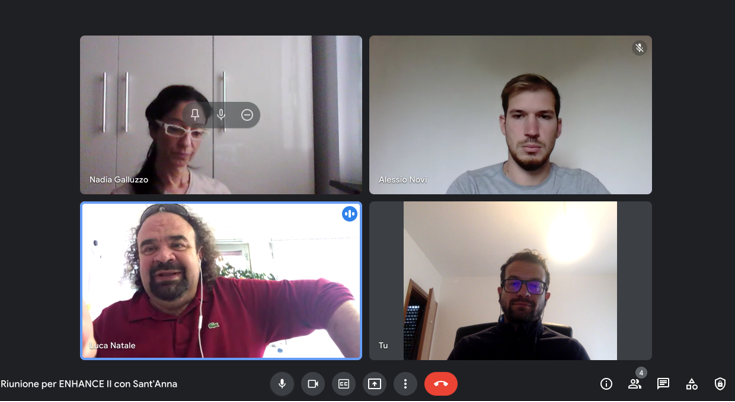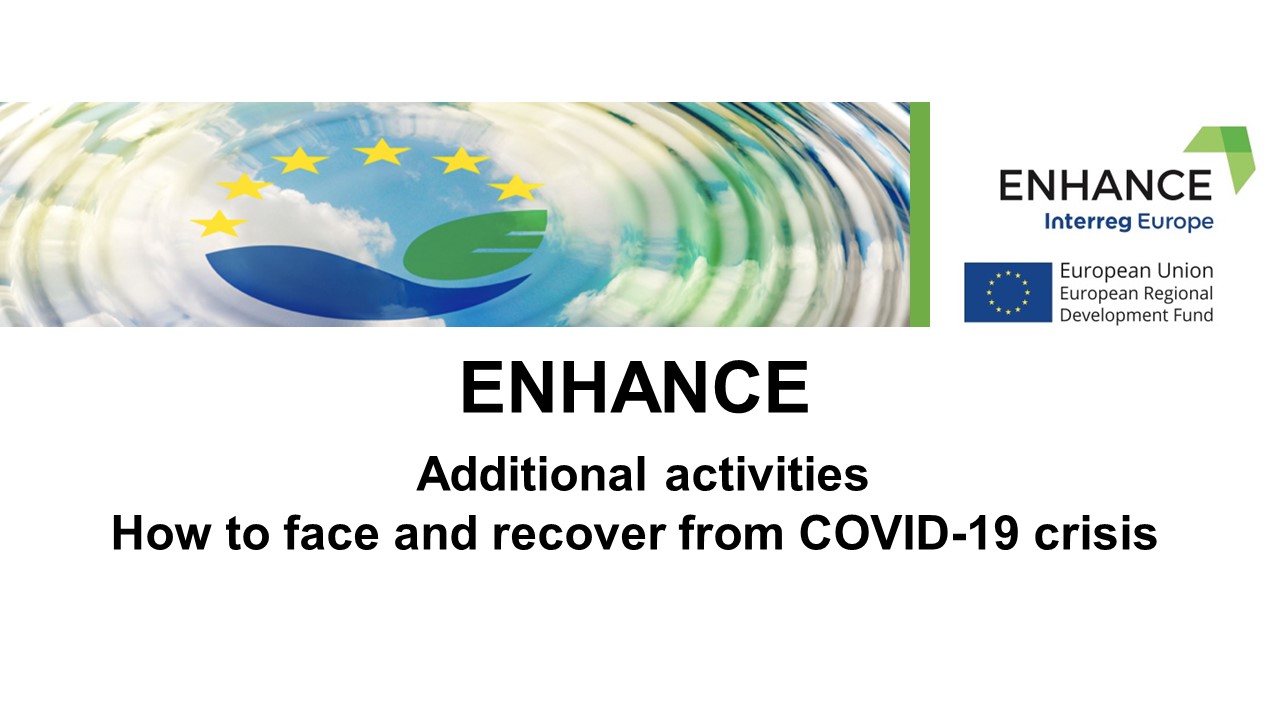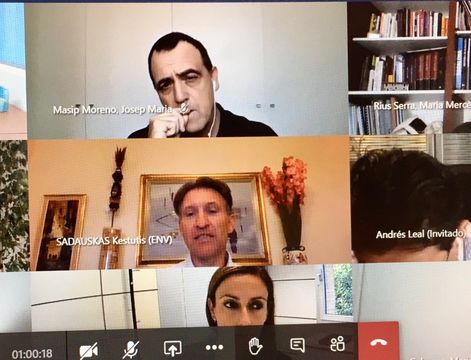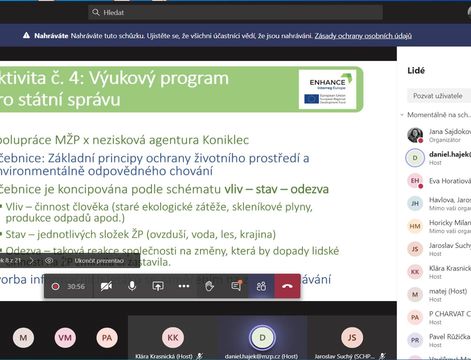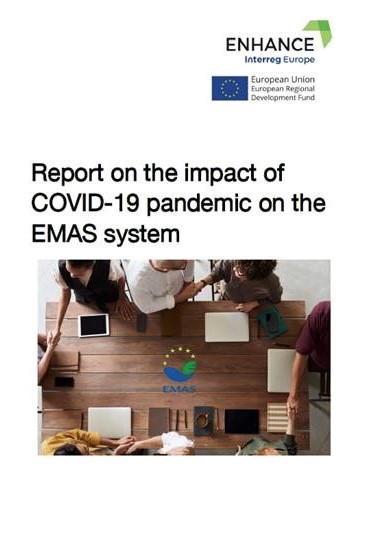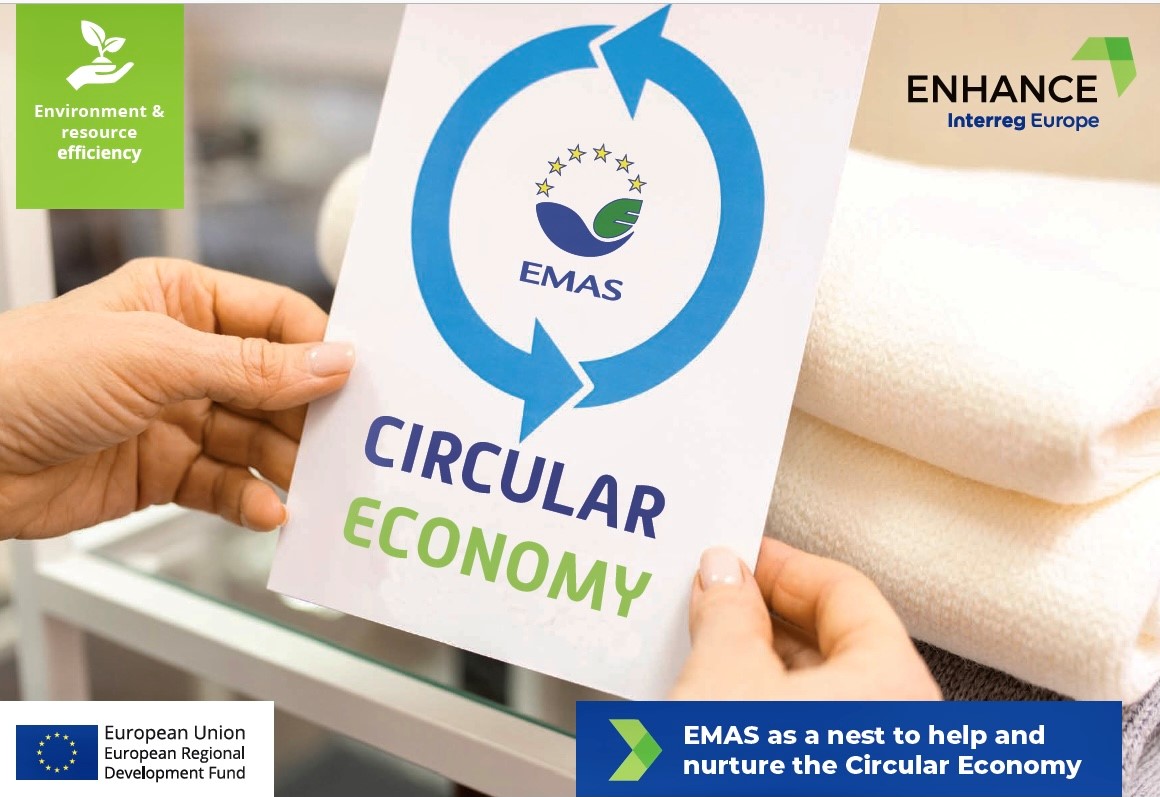ENHANCE has been presented at the workshop on the “Adaptation of environmental management systems accordingly to the new versions of ISO 14001 standard and EMAS Regulation”. The workshop has been held in Barcelona in November 7th. The ENHANCE Lead partner has explain to the audience the aim and objectives of the project as well as the current state of development.
ISO 14001 and EMAS registered organizations must adapt their environmental management systems before mid-September 2018, it can be a great opportunity for different companies to upgrade to EMAS and perhaps take advantage of the regulation relief and other incentives currently implemented or those that will be developed in the future through the “Towards EMAS Action Plans” of the ENHANCE project.
